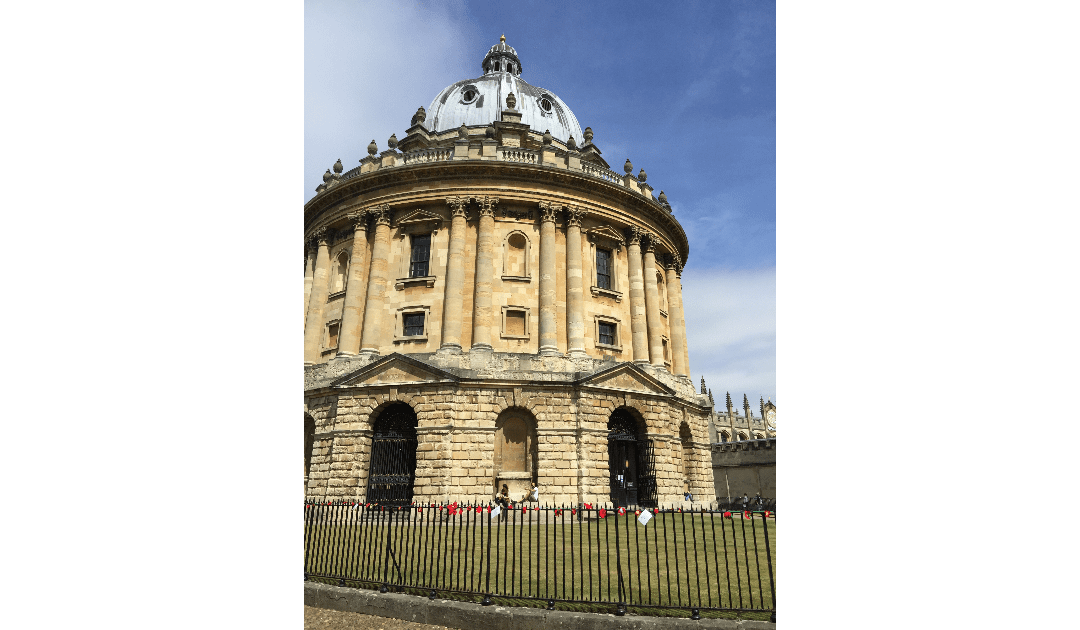The eighth of November seems to have been an important day in the history of libraries on both sides of the Atlantic, as both the Bodleian and Library Company of Philadelphia were founded on that day, in 1602 and 1731 respectively.
The Bodleian Library is one of the oldest libraries in Europe and a cornerstone of academic research at the University of Oxford. Named after Sir Thomas Bodley, who re-established it after a period of decline, the Bodleian is renowned for its extensive collection of manuscripts, rare books, and priceless historical documents. The library houses over 13 million printed items and receives a copy of every book published in the United Kingdom, making it a legal deposit library and a vital resource for scholars globally. Its iconic Radcliffe Camera and medieval architecture attract not only academics but also visitors, serving as an emblem of Oxford’s intellectual heritage. The Bodleian’s collections include treasures like the Gutenberg Bible, Shakespeare’s First Folio, and early scientific manuscripts, all preserved under strict conditions to ensure their longevity.
Across the Atlantic, the Library Company of Philadelphia holds its own as a historical library with a transformative role in American society. Founded in 1731 by Benjamin Franklin and his fellow members of the Junto—a group of intellectuals and tradesmen—the Library Company was America’s first lending library and, effectively, its first public library. Unlike European libraries, which were often restricted to elites, Franklin’s library was accessible to the working and middle classes, promoting a vision of an informed citizenry. Over time, the Library Company amassed significant historical collections on American history, including original documents from the Revolutionary and early national periods. It remains a crucial research library, holding an impressive collection of early American imprints, rare pamphlets, and political documents that capture the spirit of the nation’s formative years.
Both libraries reflect the ideals of their founders and societies. The Bodleian embodies a scholarly commitment to preservation and access to global knowledge within a university context, while the Library Company of Philadelphia represents the democratic ideals of information accessibility in the public sphere. Today, both institutions maintain extensive digitisation projects, broadening their reach to a global audience. In doing so, they continue to play essential roles in academic and cultural preservation, fostering a bridge between the past and present in the pursuit of knowledge. Whether through ancient manuscripts in Oxford or American revolutionary documents in Philadelphia, these libraries remain guardians of history, education, and enlightenment for future generations.

